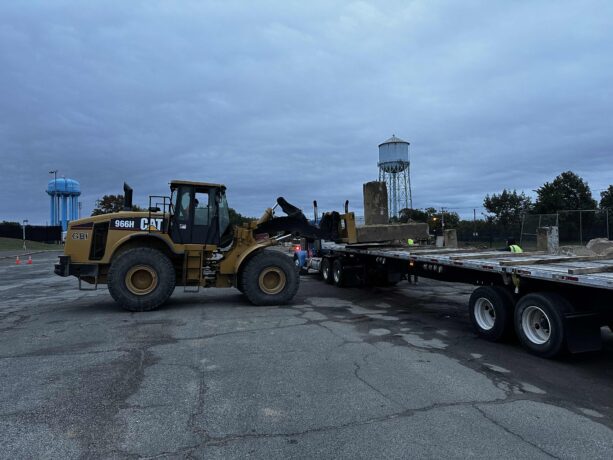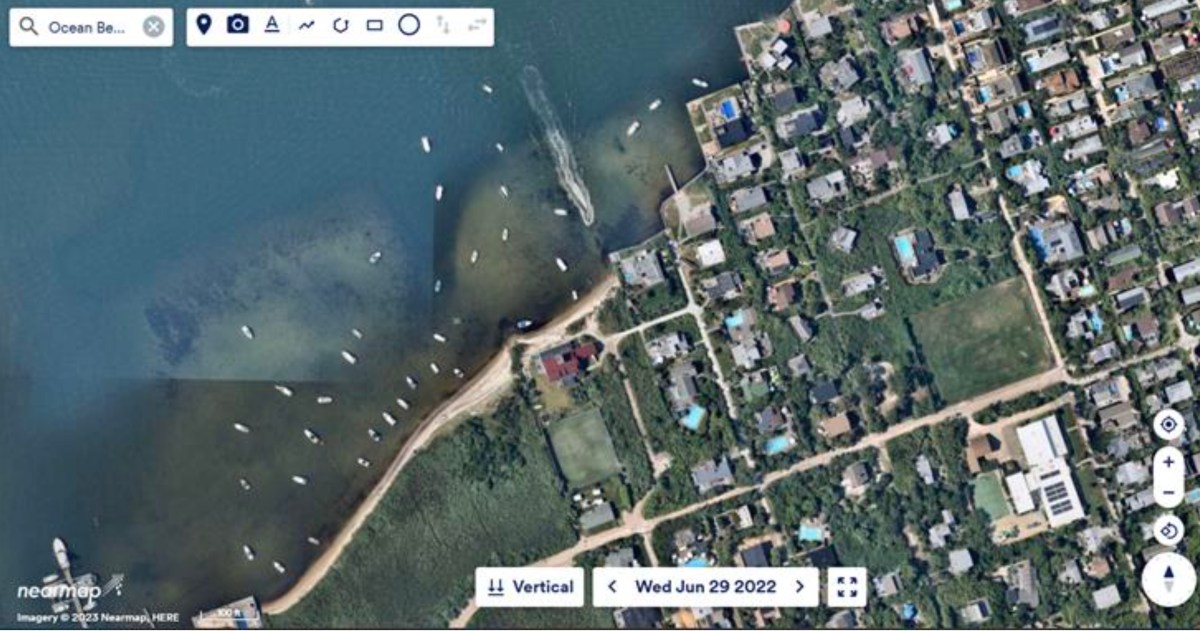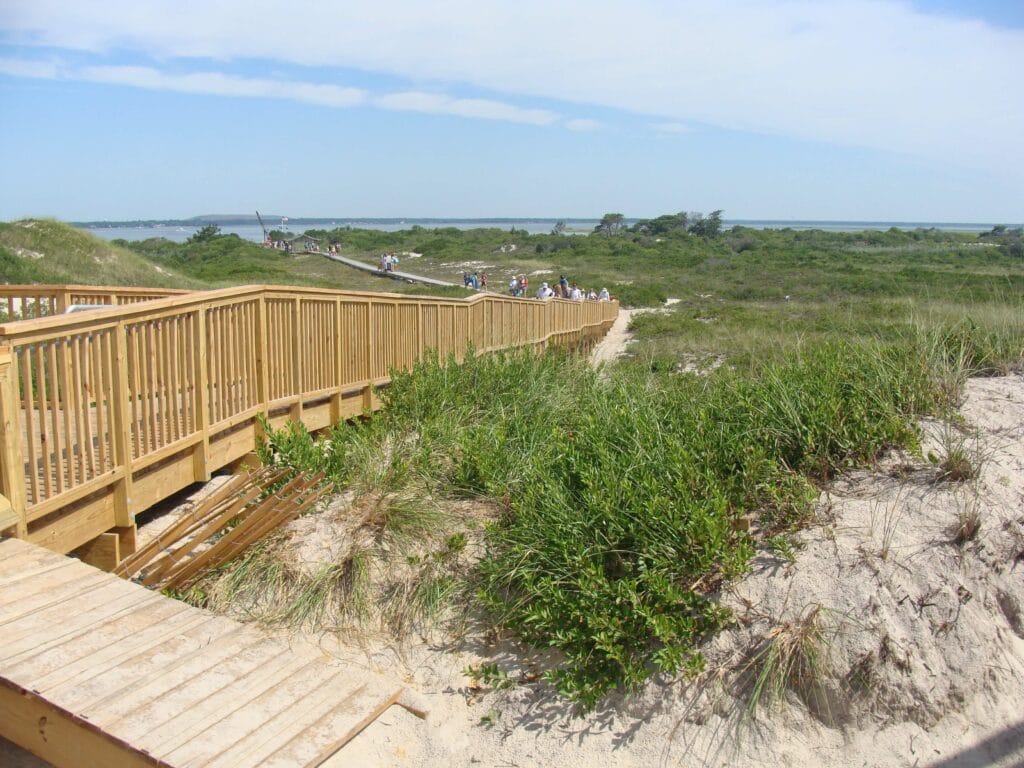Fire Island National Seashore (FINS) managers allegedly broke federal law when they authorized a planned culling of white tail deer, two environmental groups claimed in a lawsuit seeking to block the hunt.
The Animal Welfare Institute and Wildlife Preserves jointly filed the suit Wednesday at Central Islip federal court, alleging that FINS Superintendent Chris Soller and the National Park Service (NPS), which oversees the park, also violated property rights when it approved last year its deer management plan that calls for a controlled hunt to lessen the herd.
“The National Park Service’s decision to allow the slaughter of hundreds of deer blatantly violates the deed restrictions for this land, which require that it be kept as a wildlife sanctuary,” said Tara Zuardo, wildlife attorney with the Animal Welfare Institute. “The agency’s haphazard culling of deer is an outright breach of the law and a waste of tax dollars.”
The suit is the second one advocates filed seeking to block the proposed hunt. Last year, nonprofit Friends of Animals sued Soller and NPS, alleging they broke the law by failing to consider a non-lethal alternative when it concocted the idea — an accusation that the defendants deny.
It wouldn’t be the first time hunters have been deployed to cull an overpopulation of deer on Long Island. In 2013, federal sharpshooters killed 192 on the East End of LI, although that was far fewer than 3,000 originally in crosshairs. Other LI municipalities have also considered approving deer hunts to control their population in recent years.
FINS previously held two hunts in the 1980s that bagged a total of about 64 deer, according to reports in The New York Times at the time. A deer birth control program hatched in the ‘90s was discontinued in 2009. Now, an estimated 300 deer reportedly live on the 32-mile-long barrier island.
Representatives for the seashore didn’t immediately respond to a request for comment on the latest suit, but government lawyers defended the plan as justified in court papers in the prior case, which is still pending.
FINS has said that the hunt was needed because the abundance of deer — which lack local predators to naturally control their population — are destroying the habitat, such as the Sunken Forrest, an extremely rare maritime holly forest. Besides hunting, the plan also called for the use of fencing and dosing deer with birth control.
Zuardo said she suspects FINS was unaware when the plan was drafted that the Sunken Forrest deed prohibits FINS from allowing hunting in it, since it’s a wildlife sanctuary.
During the Fire Island Association’s summer meeting, Soller told residents that FINS is “still on track with culling the herd,” adding that the earliest the agency would have the funding to move forward is 2019 and that hired guns would be barred under the law from hunting within 500 feet of houses.
“There are no plans to do that at this time,” he said, although advocates fear it could happen this winter or spring.
“You have to be really wary of any kind of verbal assurances like that,” Zuardo said. “As far as we know, it starts in spring of 2018.”






























